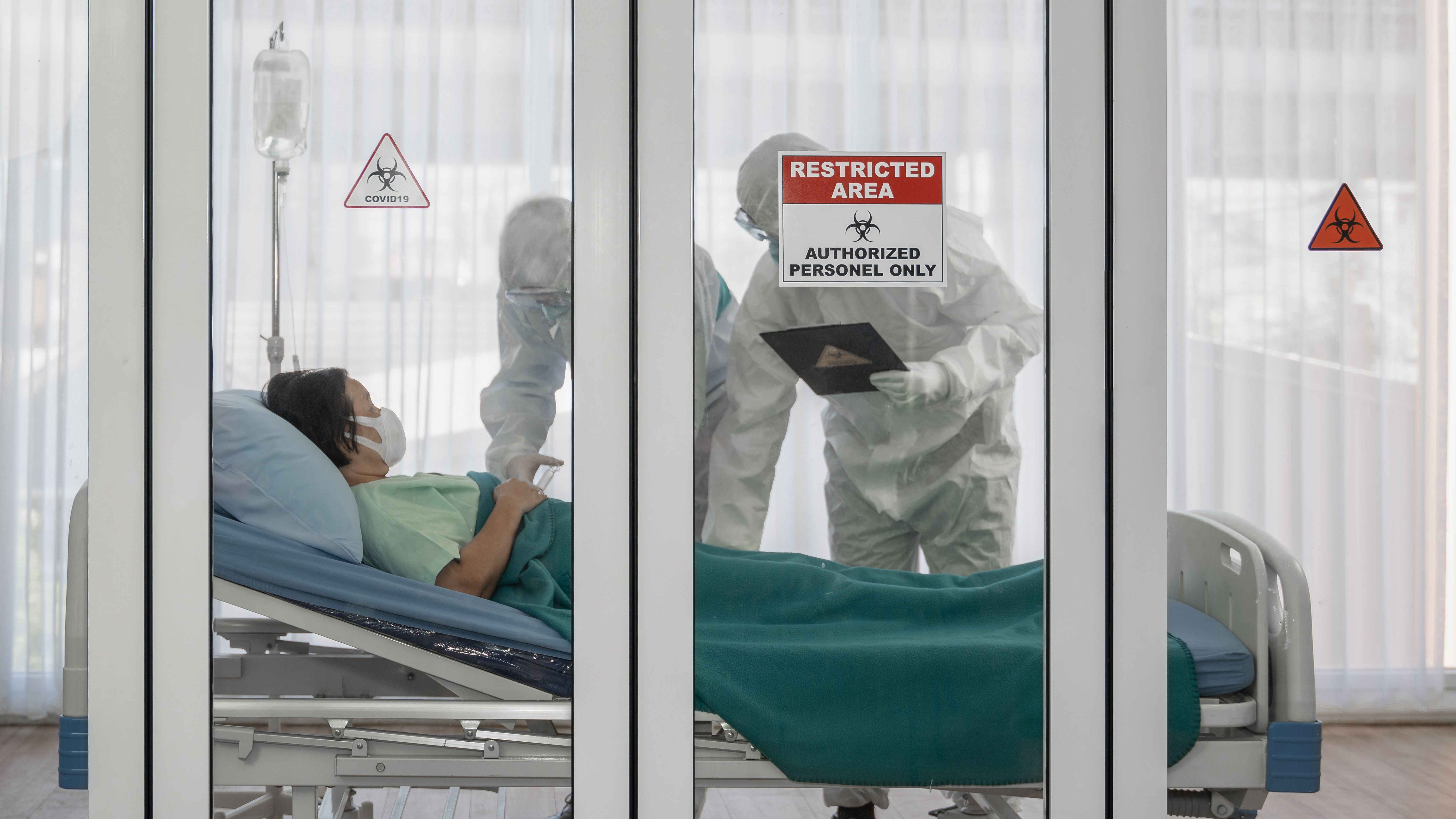News
Article
Experts Update Guidance on COVID-19 Treatment and Therapies
Author(s):
Researchers provided recommendations based on the current status of COVID-19 infection and role of therapies.
New COVID-19 treatment guidelines recommend against the use of remdesivir and molnupiravir in patients with non-severe disease, in addition to providing risk categories to help physicians predict patients' risk of severe disease.
The updated guidance on treatments to aid individuals with COVID-19 was recently released by a team of international experts that represented the World Health Organization’s Guideline Development Group.1
Image credit: Mongkolchon | stock.adobe.com

The team from the World Health Organization used assistance from the MAGIC Evidence Ecosystem Foundation to create the updated living guideline, which aims to help doctors make smarter decisions with their patients.1
The guideline targets all individuals with COVID-19, although the recommendations could differ based on the severity of infection.2
“This living guideline responds to emerging evidence from RCTs on existing and new drug treatments for COVID-19. The guideline leverages several living networks' meta-analyses which iteratively incorporate newly available trial data and allow for analysis of comparative effectiveness of multiple covid-19 treatments,” said the study authors.2
The newest updates in the guidance included risk categories that could help doctors accurately predict if an individual is high, moderate, or low risk of hospitalization and find the best treatment methods. The new treatment threshold provides a greater availability for therapies and more safety evidence for individuals.
A recommendation of nirmatrelvir-ritonavir, an antiviral drug, was featured to treat individuals with non-severe COVID-19 that were high and moderate risk of hospitalization. However, also featured was a recommendation against remdesivir and molnupiravir for individuals with non-severe COVID-19 at low risk of hospitalization, because the antiviral drug is suggested for individuals at high risk. Other recommendations against antiviral drugs for non-severe COVID-19 included VV116 and ivermectin, except in clinical trials.1
The study authors noted that the recommendations represent the changes found in transmissibility of the SARS-CoV-2 variants and sub-variants and the changes prior to global vaccinations. This contributed to lower baseline risks of illness and death for individuals that were infected with non-severe COVID-19, altering researchers suggested treatment methods.1
The study authors noted that the updated guidance is marked as the 14th version of the living guideline, providing 1.5% of a new threshold for an important reduction risk of hospitalization in individuals with COVID-19.2
The press release noted that the guidance integrated the most recent clinical trial evidence for past and present COVID-19 therapies, acknowledging evidence of safety, prognosis, resources, access, equity issues, and patient preferences.1
References
1. WHO updates its guidance on treatments for COVID-19. EurekAlert!. News release. November 9, 2023. Accessed November 13, 2023. https://www.eurekalert.org/news-releases/1007402.
2. A living WHO guideline on drugs for covid-19. The BMJ. News release. Accessed November 13, 2023. https://www.bmj.com/content/370/bmj.m3379
Newsletter
Stay informed on drug updates, treatment guidelines, and pharmacy practice trends—subscribe to Pharmacy Times for weekly clinical insights.





